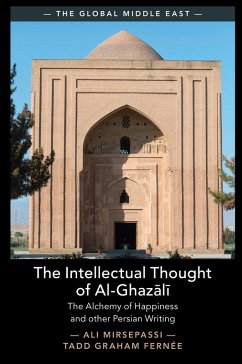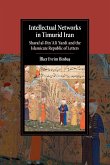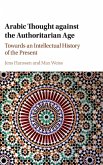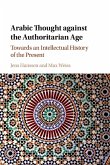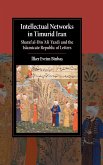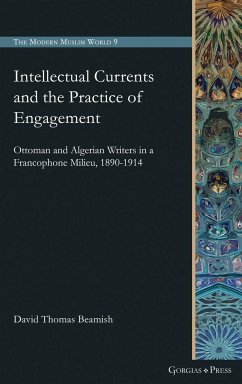Abu Hamid Muhammad al-Ghaz¿l¿ (1058-1111) was one of the most influential philosophers of the classical Islamic period, with his intellectual innovations spanning the fields of theology, logic, and law. Despite this, contemporary assessments of Ghaz¿l¿ often present him as hostile to rationality, and a guardian of dogma and orthodoxy. This study provides an innovative reassessment of Ghaz¿l¿'s legacy, offering a compelling depiction of a reformer in his own time with increasing relevance to the issues gripping multicultural and globalized societies today. Ali Mirsepassi and Tadd Graham Fernée closely study Ghaz¿l¿'s major Persian-language text K¿m¿y¿-e sä¿dat (The Alchemy of Happiness) and its scholarly reception, alongside his lesser-read works, arguing that Ghaz¿l¿ shared a message of reform, and critique of Abbasid institutions. Ghaz¿l¿'s critical stance is revealed as both pragmatic and cosmopolitan in its recognition of autonomy from religion in many aspects of life, and in the value placed upon scientific contribution.
Bitte wählen Sie Ihr Anliegen aus.
Rechnungen
Retourenschein anfordern
Bestellstatus
Storno

